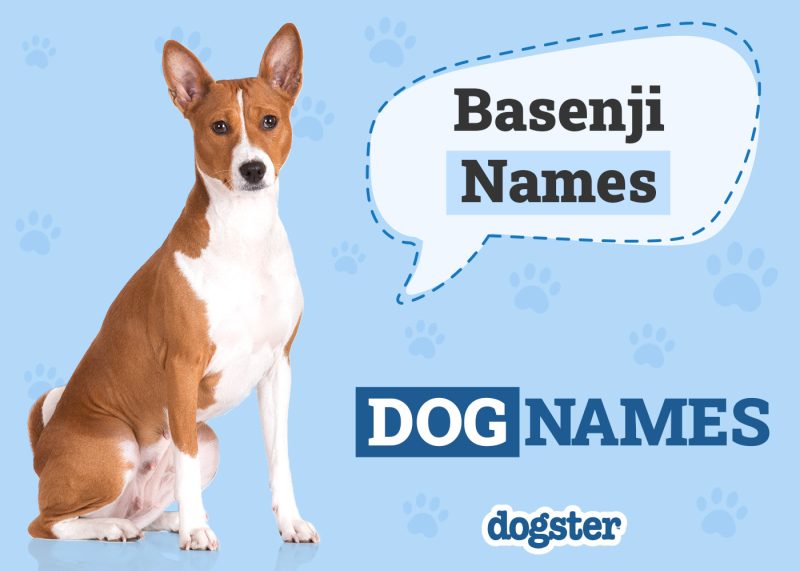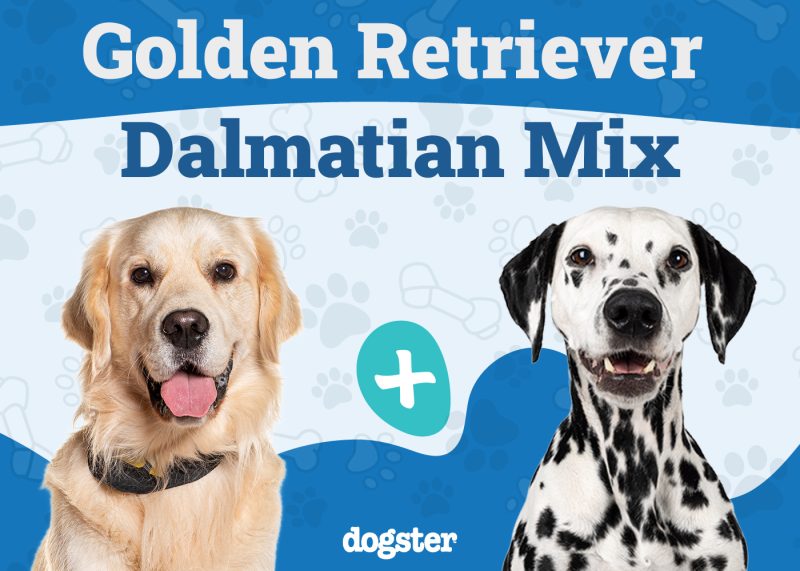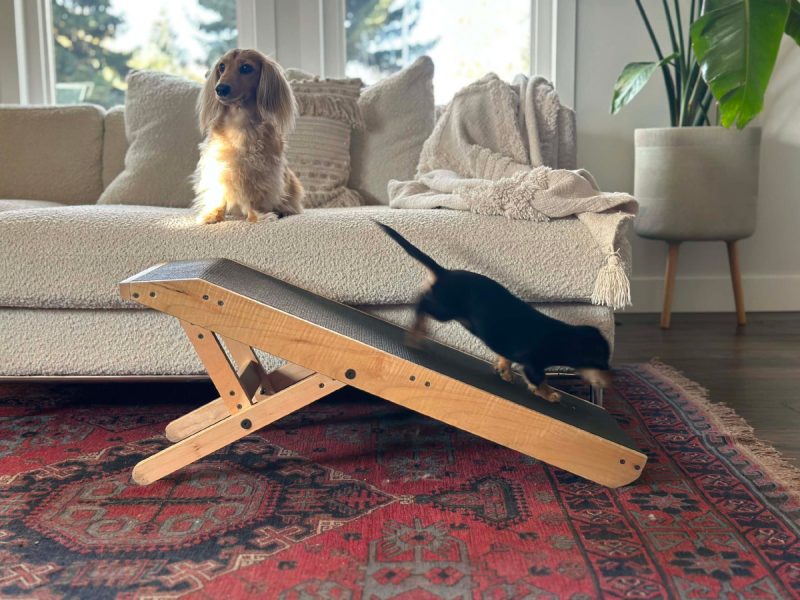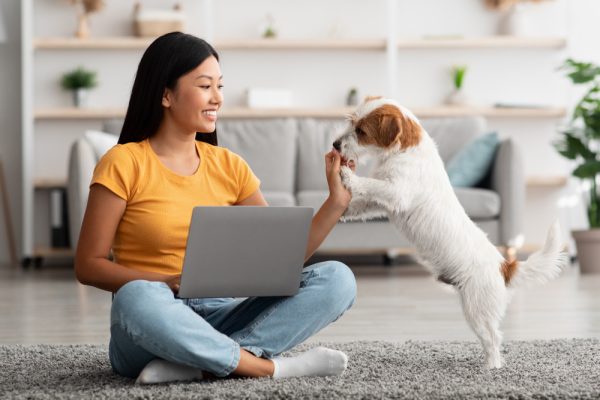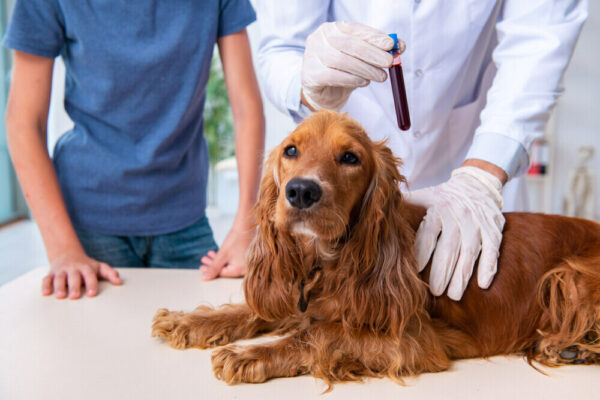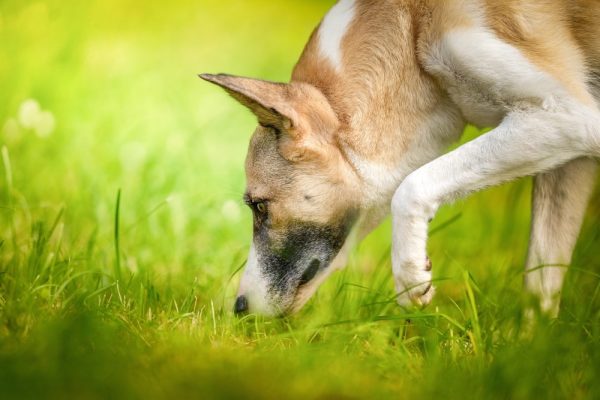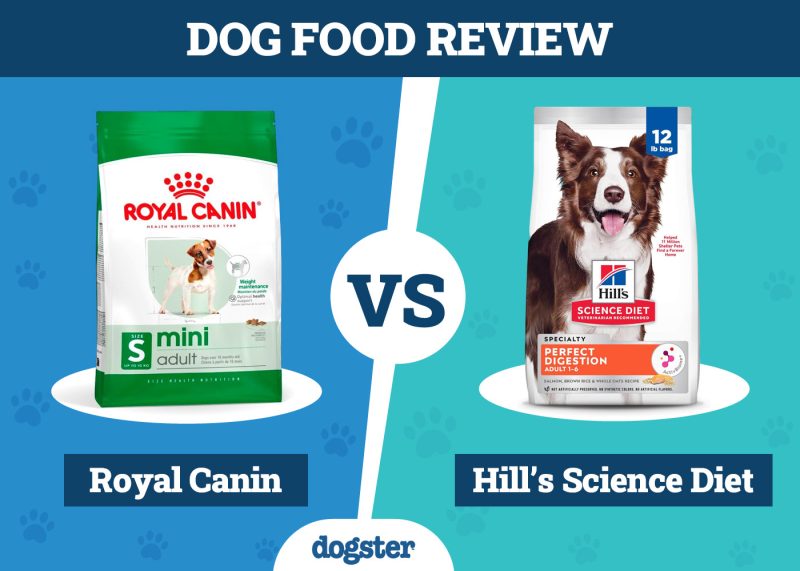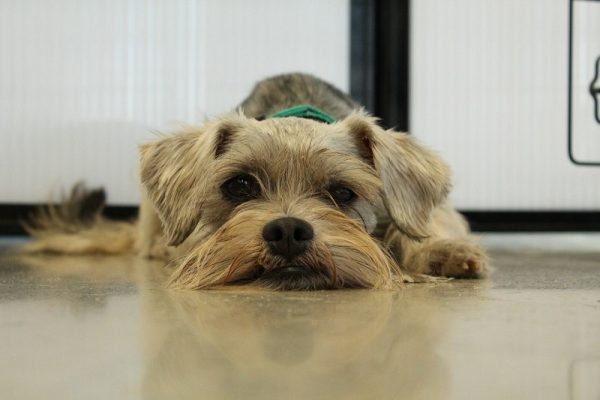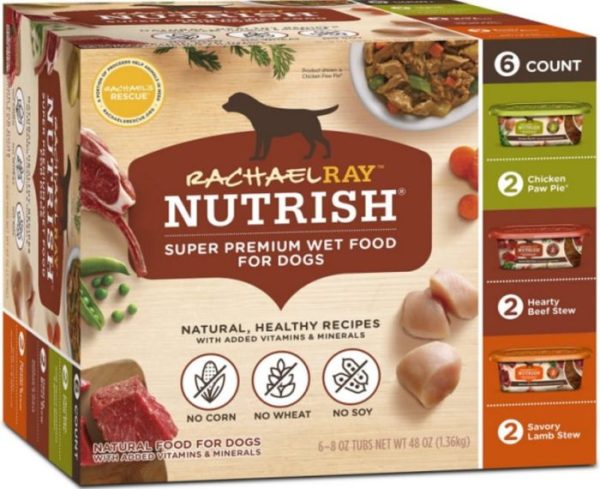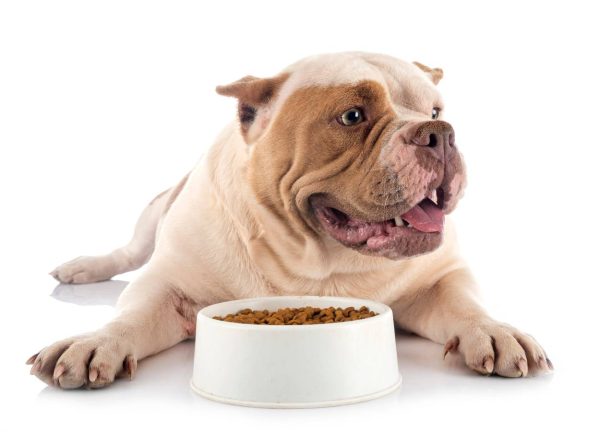Being near a growling dog can be a tense situation, whether you are being growled at or you own the dog doing the growling. As a pet owner, you might also be worrying about your dog’s health and well-being. If your dog has suddenly started growling and you want to determine why, keep reading. Growling is usually a sign of aggression but can be done in play. We list several reasons that it might be occurring and provide tips that might help you get your pup to stop.

The 6 Reasons That Dogs Growl
1. They Feel Threatened
If your dog is feeling uncomfortable around a person, another animal, or something else, there’s a chance that your pet might start growling. It could be a sign that they are feeling threatened.
What Can You Do About It?
If you think that your dog feels threatened or otherwise bothered by a person or animal, it is a good idea to separate them before things escalate and you find yourself in a hostile situation. Bring the dog indoors, or ask the guest to step outside. If you are on the trail, hold the leash tightly and quickly move on.
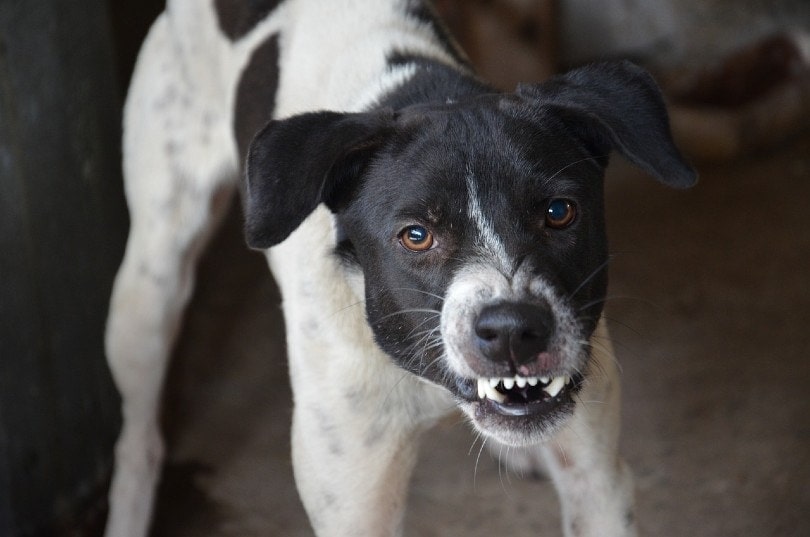
2. Territorial Displays
Many dogs can be territorial, especially when it comes to their home and family. If your dog detects something that they consider to be a threat to their territory, there is a chance that they will start growling and become aggressive.
What Can You Do About It?
If your dog is barking out of a desire to protect their property, try to determine the trigger or source of the problem, which can include unfamiliar people, other animals, certain objects, or specific situations. If the trigger is something that you can’t control, like a neighbor leaving for work or thunder, try desensitizing them with gradual exposure, training, and positive reinforcement under the guidance of a professional.
3. They Are Playing
Many dogs will start to growl when they are playing. Certain toys can trigger your dog’s natural hunting instincts, which might cause them to growl like they might in the wild.
What Can You Do About It?
Dogs growling while they play is perfectly natural, and there is nothing really to worry about unless they start to get aggressive. When they are play-growling, you will likely notice a more relaxed body language and playful attitude.
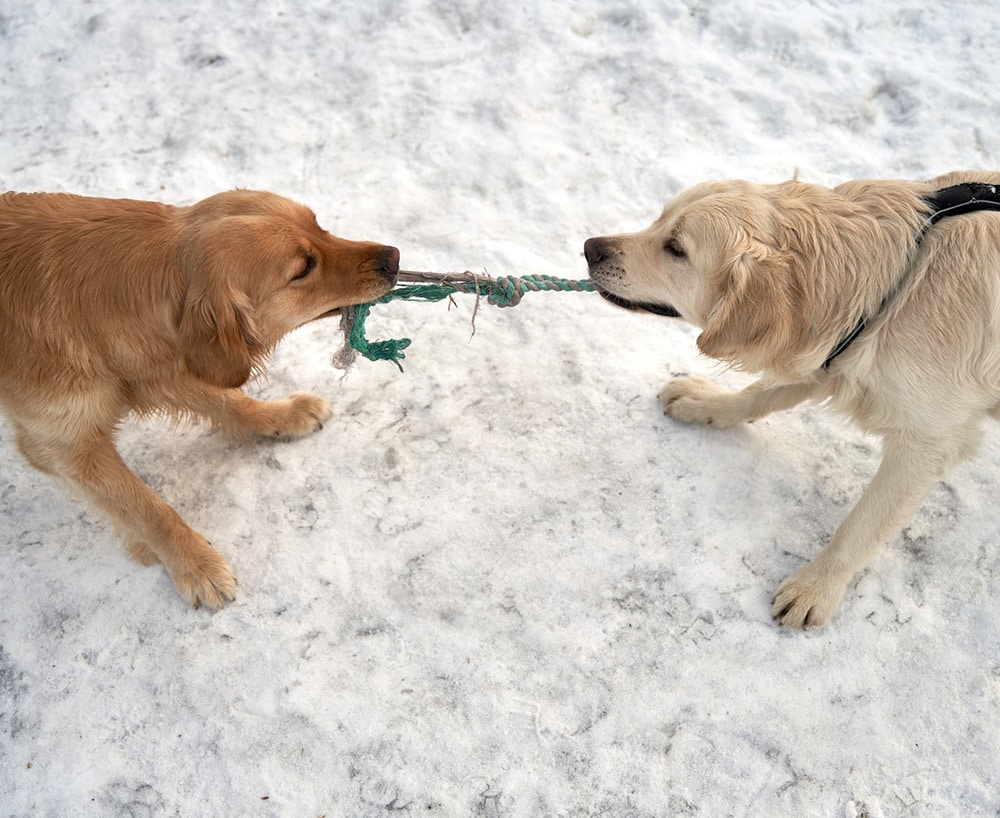
4. They Are in Pain
If a dog has an injury or isn’t feeling well, they may start to growl if you touch them or even if you get too close if they aren’t familiar with you.
What Can You Do About It?
If your dog suddenly starts to growl when you touch them or get close to them, it is a good idea to schedule an appointment with an online vet so they can discuss your dogs history and rule out any health problems. If the problem is behavioral, a vet may be able to recommend the next course of action.
If you need to speak with a vet but can't get to one, head over to PangoVet. It's our online service where you can talk to a vet online and get the advice you need for your pet — all at an affordable price!

5. They Are Afraid
Fear and anxiety are common reasons that a dog might start growling, like when they feel threatened. However, the things that scare dogs and might cause them to growl anxiously can include fireworks, garbage trucks, construction crews, and other loud noises.
What Can You Do About It?
It can be difficult to get your dog used to passing trucks and other loud noises if they aren’t consistently heard. However, desensitizing a dog can sometimes work with fireworks, so it might also work with other noises. Play fireworks on your television or stereo at low volumes at first, then gradually turn them up as your pet gets used to them. This can help them have an easier time dealing with the real thing when it comes around.
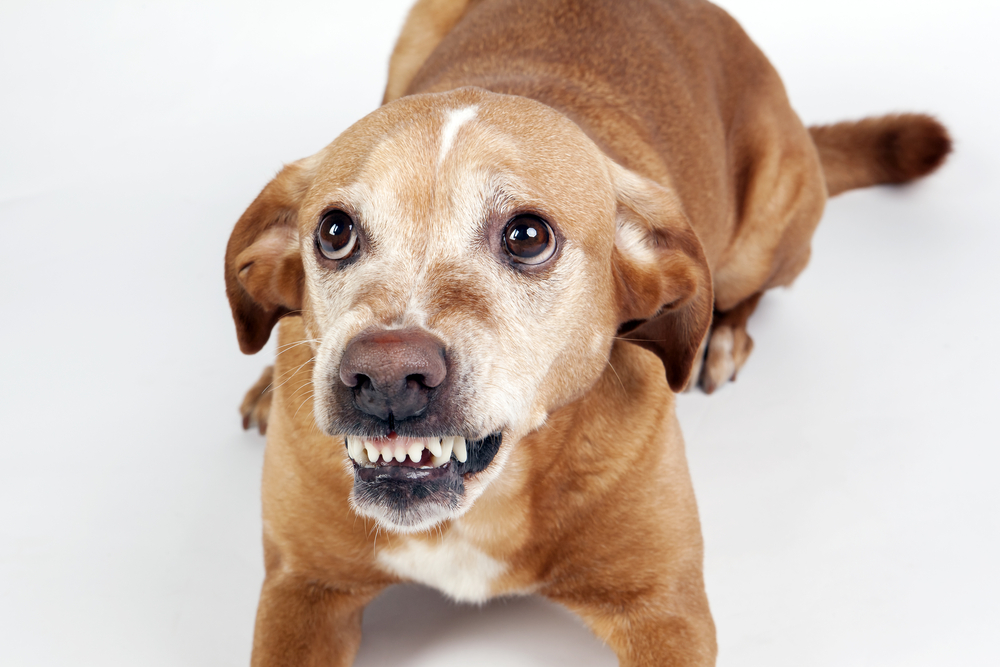
6. Resource Guarding
If your dog is growling over a high-value treat, a person, or even a comfortable spot in the home, they are protecting a precious resource. They don’t want this resource taken from them and are, therefore, acting aggressively.
What Can You Do About It?
It’s natural for dogs to guard their food, so we recommend separating your dog for meals and treats and leaving them alone while they eat. However, resource guarding a person or piece of furniture is a serious behavioral issue and requires professional training. In the meantime, avoid placing your dog in a situation that triggers them to resource guard.

Frequently Asked Questions (FAQ)
Why Does My Dog Growl at Strangers?
Dogs usually growl at strangers who come to the house because their protective instincts kick in for their family. They may also be protecting their territory from intruders. If the visitor’s appearance is something your dog is not used to, they may react fearfully, which can include growling.
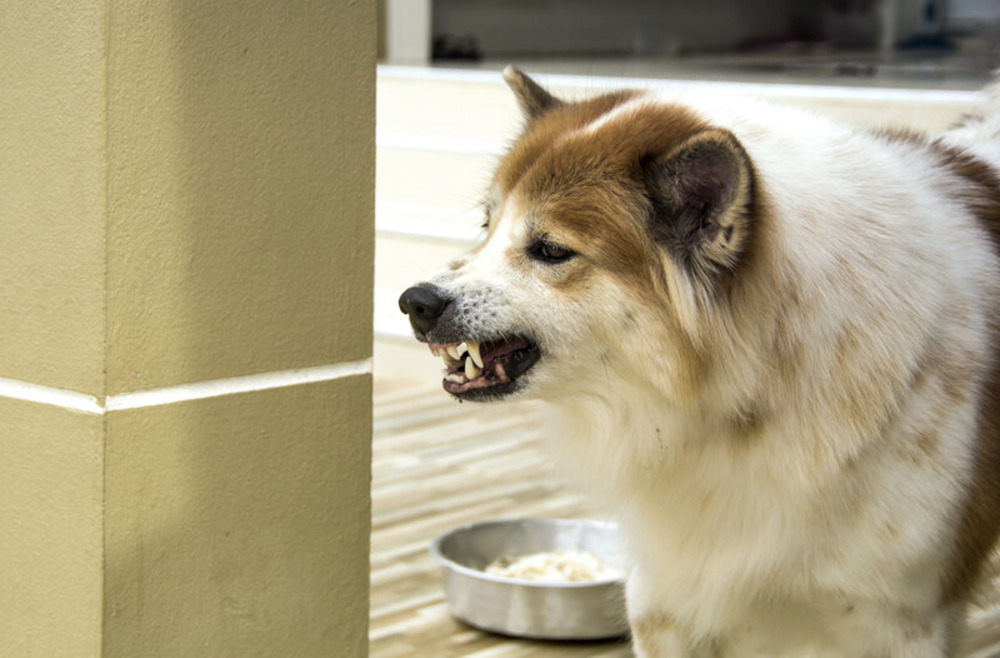
How Can I Stop My Dog From Growling?
While you can never 100% stop your dog from growling, you will need to determine what is causing them to growl and address it. Change your dog’s routine to avoid triggers. You may also need to use training and positive reinforcement to change their behavior. We recommend working with a professional for behavioral problems relating to aggression.
How Can I Differentiate Between Playful Growling and Aggressive Growling?
Playful growling often sounds different from aggressive growling and is accompanied by relaxed or playful body language like a wiggly body, play bows, and playing with toys. In contrast, aggressive growling usually comes with tense body language and can include bared teeth and barking.

Summary
Dogs growl for several reasons and they might only be playing. However, you should still determine the underlying cause, such as fear of loud noises or feeling threatened by strangers or other animals, as growling can lead to aggressive behavior, like biting. If you are having trouble determining the cause of your dog’s growling or believe that it is the result of a health condition, have them looked over by a vet, as they can give you advice specific to your pet.
See Also:
- What Is a Fear-Free Veterinary Clinic? Vet-Reviewed Facts
- Taurine for Dogs: What Is It & Info to Know (Vet-Approved)
Featured Image Credit: Sergey Fatin, Shutterstock


